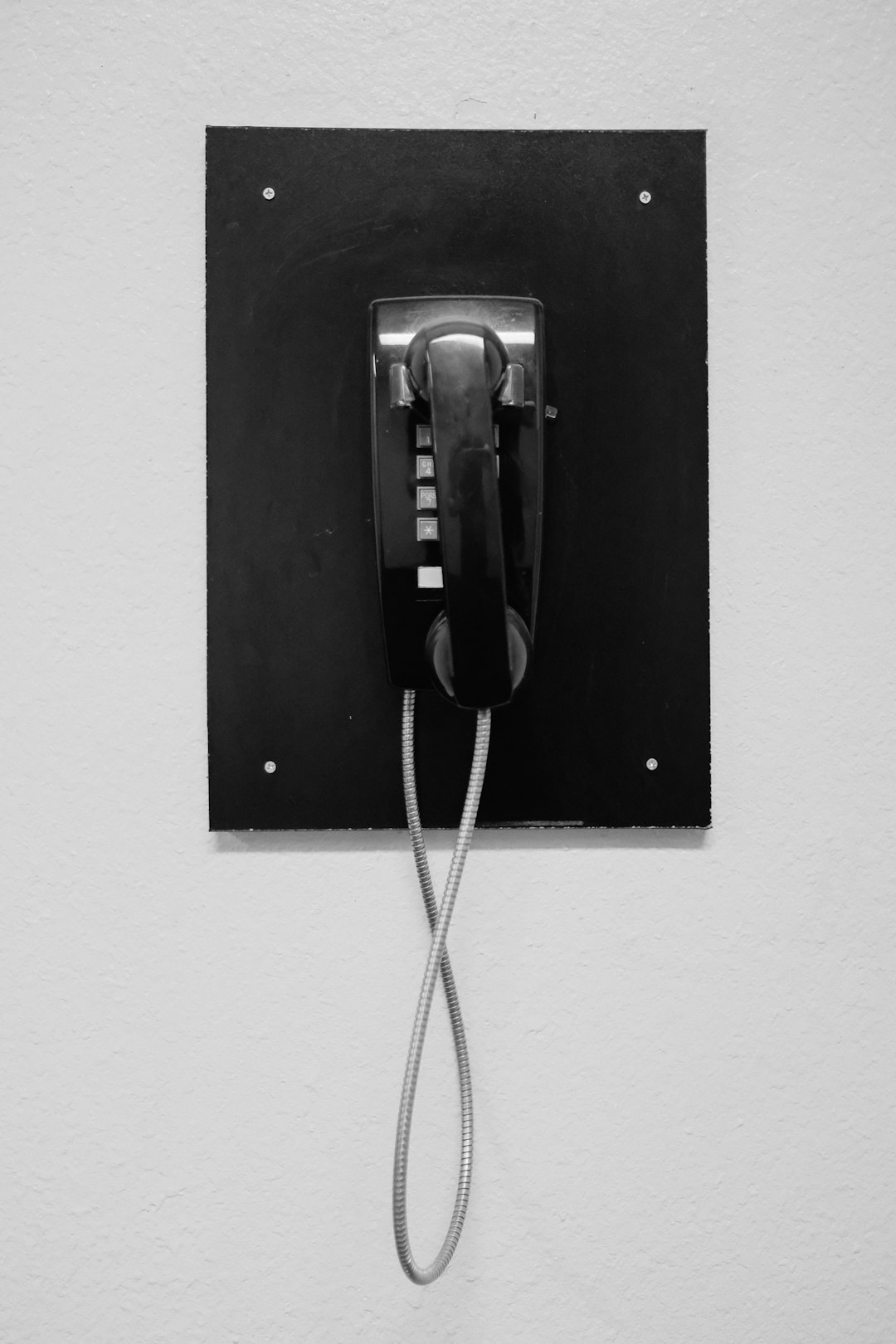Spam texts are regulated by federal (TCPA) and state laws in Washington to protect consumers. A spam texts lawyer ensures compliance with opt-out provisions, avoids penalties, and guides businesses & individuals through legalities. Unwanted marketing messages require explicit consent, and recipients can easily opt out. Consult a spam texts lawyer in Washington for legal advice regarding spam protections and rights.
“Navigating the complex landscape of spam texts can be challenging, especially with varying federal and state laws in place. In today’s digital era, understanding the legal definition and scope of spam texts is crucial for consumers and businesses alike. This article delves into the intricacies of federal laws regulating spam text messages and explores state-specific rules regarding unwanted text marketing. We also provide insights on enforcing your rights against these intrusive communications, offering guidance for folks seeking a solution as a spam lawyer in Washington or elsewhere.”
Understanding Spam Texts: Legal Definition & Scopes

Spam texts, a ubiquitous annoyance in today’s digital age, are defined by federal and state laws as unsolicited text messages sent in bulk to individuals or groups. This legal designation is crucial for protecting consumers from unwanted and often deceptive messaging. The scope of these laws extends to any message promoting goods, services, or investments, with provisions for opt-out mechanisms to ensure recipient consent.
In Washington State, for instance, a spam text is regulated under the Washington Privacy Act, which prohibits businesses and individuals from sending unsolicited texts unless specifically authorized by the recipient. A spam lawyer in Washington can help navigate these legalities, ensuring compliance to mitigate potential penalties and lawsuits arising from non-compliance with anti-spam legislation.
Federal Laws Regulating Spam Text Messages

The federal government has established strict regulations to combat the nuisance of spam text messages, primarily through the Telephone Consumer Protection Act (TCPA). This legislation grants consumers powerful tools to control and manage unwanted communications. Under the TCPA, businesses and individuals must obtain explicit consent from recipients before sending automated texts for marketing purposes. Failure to comply can result in significant financial penalties, with damages up to $500 per violation.
In Washington State, local laws further reinforce these federal regulations. A spam text lawyer in Washington can help navigate the intricate legal framework surrounding this issue. The state’s laws often mirror federal guidelines but may include additional provisions to protect consumers’ privacy and limit disruptive messaging. Understanding the specific requirements and penalties is crucial for businesses operating within Washington to ensure compliance and avoid legal repercussions related to spam texts.
State-Specific Rules for Unwanted Text Marketing

While federal laws set broad guidelines for combating spam texts, state-specific regulations in Washington provide additional protections for consumers. In Washington state, businesses must obtain explicit consent from recipients before sending any marketing text messages. This means that if a customer has not opted in to receive such communications, any unsolicited text messages constitute spam.
Moreover, Washington’s laws allow recipients to opt out of future text messages easily. Businesses must include clear and conspicuous opt-out instructions within each text, making it simple for individuals to stop receiving promotional content. These state-level rules are designed to empower residents of Washington to control their communication preferences and protect them from intrusive spam texts.
Enforcing Your Rights: Taking Action Against Spam

If you’ve been receiving unwanted spam texts, you have rights and options available to protect yourself. Enforcing your rights begins with understanding what laws are in place to safeguard you from unsolicited text messages. In the United States, both federal and state laws regulate spam texts, aiming to curb deceptive practices and give consumers control over their communication preferences.
One key law is the Telephone Consumer Protection Act (TCPA), which prohibits certain types of automated or prerecorded calls and texts without prior express consent. If you’ve opted out of receiving marketing messages but still get spam texts, you may have a case to take action against the sender. Consulting with a spam texts lawyer in Washington can help you understand your rights under the TCPA and explore legal options for resolution, such as seeking damages or blocking future unwanted communications.






